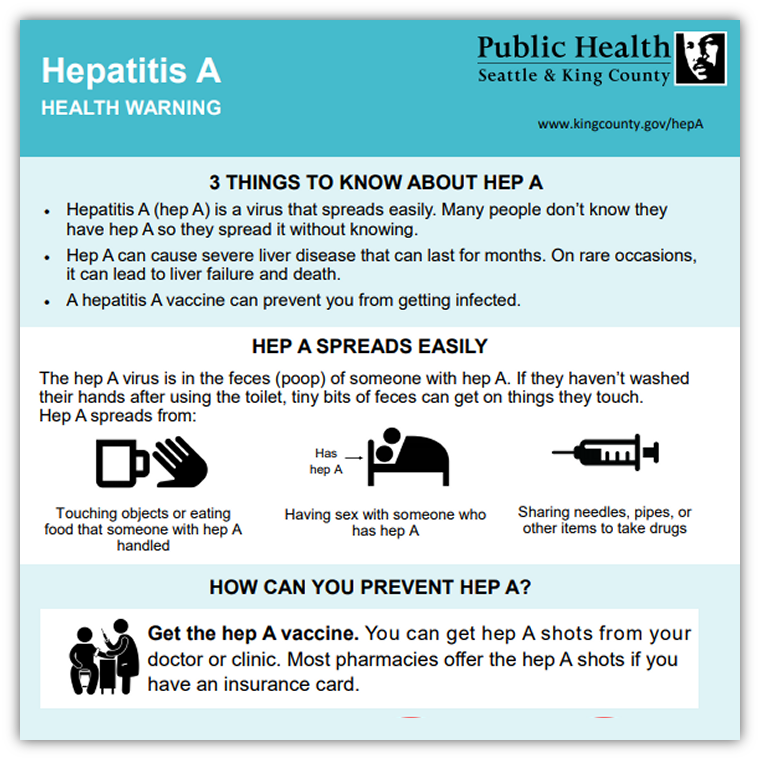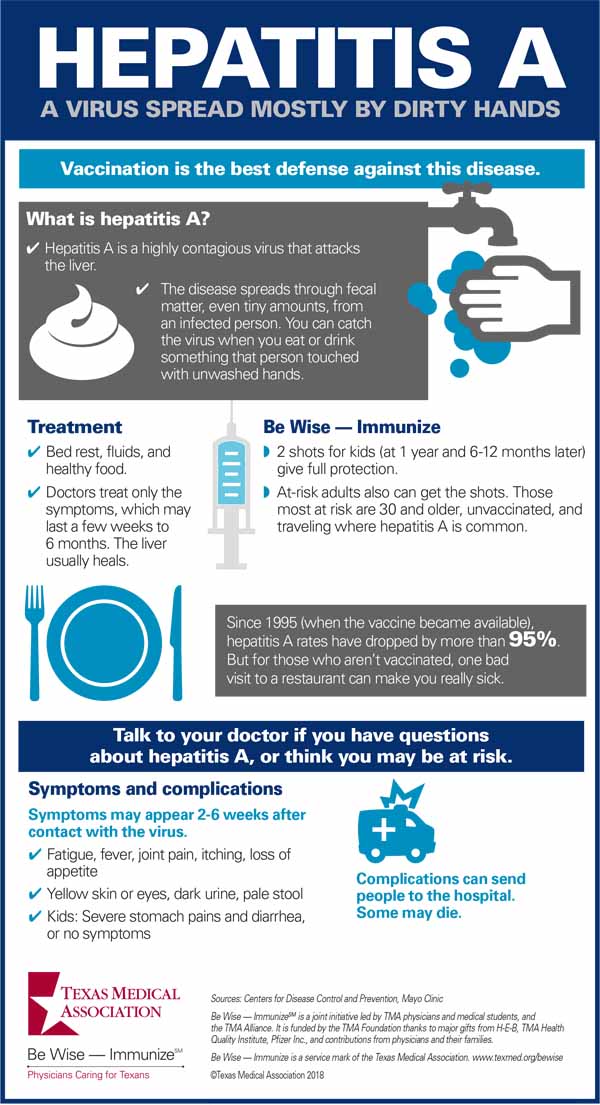Delve into the science behind the remarkable infectiousness of Hepatitis A – uncovering the secrets of this highly contagious virus.
Table of Contents
- Introduction: What is Hepatitis A and Why Should We Care?
- How Do People Catch Hepatitis A?
- What Does Hepatitis A Do to Your Body?
- The Shield Against Hepatitis A: Vaccines and Prevention
- Can Everybody Get Better from Hepatitis A?
- Conclusion: Recap of Hepatitis A’s Contagious Nature
- FAQs: Common Questions About Hepatitis A
Introduction: What is Hepatitis A and Why Should We Care?
Hepatitis A is a viral infection that affects the liver. This disease is crucial to understand because our liver plays a vital role in keeping us healthy. When our liver is not working properly, it can lead to serious health issues.
Because Hepatitis A is highly contagious, meaning it can easily spread from one person to another, it is essential to know how to protect ourselves and prevent its transmission.
Learning about Hepatitis A and why we should care will help us stay healthy and safe from this contagious disease.
How Do People Catch Hepatitis A?
This section will delve into the ways in which Hepatitis A is transmitted from one person to another, highlighting its highly contagious nature.
Contagious Contact: The Virus’ Journey
Imagine a tiny virus called Hepatitis A traveling from one person to another like a sneaky explorer. It spreads easily when people are in close contact, such as shaking hands, hugging, or sharing food. The virus can quickly jump from one host to another, making it important to be cautious about germs.
Food and Water: Invisible Transportation
Contaminated food and water can act as invisible vehicles for the Hepatitis A virus. When someone handling food or drinks doesn’t wash their hands properly, they can unknowingly transfer the virus. So, it’s crucial to practice good hygiene and ensure that the food and water we consume are safe and clean to keep Hepatitis A at bay.
What Does Hepatitis A Do to Your Body?
When someone gets infected with Hepatitis A, the virus sets off a chain reaction inside the body that primarily affects the liver, a vital organ responsible for numerous essential functions. Let’s dive into what happens internally when Hepatitis A takes hold.
The Liver’s Role: Understanding its Importance
The liver is like a superhero in our bodies, tirelessly working to keep us healthy. It helps with digesting food, storing energy, and filtering out toxins. When Hepatitis A enters the scene, it targets the liver, causing inflammation and disrupting its normal operation. This can make the liver swollen and less efficient at performing its tasks, which can make a person feel unwell.
Symptoms and Signs: How You Know It’s There
When someone is battling Hepatitis A, their body sends out signals that something is wrong. Common symptoms include feeling tired, having a lack of appetite, experiencing nausea, and noticing changes in bowel movements. Sometimes, their skin and eyes may turn yellow, a condition called jaundice. These signs are like red flags telling us that the liver needs help fighting off the virus.
The Shield Against Hepatitis A: Vaccines and Prevention
When it comes to fighting off Hepatitis A, our best defense is through vaccines and taking preventive measures. Let’s dive into how these tools can keep us safe from this contagious disease.
The Mighty Vaccine: How It Protects Us
Imagine a shield that surrounds your body, blocking any harmful invaders from coming in – that’s what a hepatitis A vaccine does. By receiving this shot, your immune system becomes strong and ready to fight off the virus if it ever tries to attack. It’s like having a superhero inside you, always on guard to keep you healthy!
Staying Safe: Tips to Prevent Catching Hepatitis A
Aside from getting vaccinated, there are simple steps you can take to lower your risk of catching Hepatitis A. Wash your hands thoroughly with soap and water, especially before eating and after using the bathroom. Avoid sharing utensils or cups with others, and only eat food that’s been properly cooked and prepared. By following these precautions, you can help keep yourself and others safe from this contagious disease.
Can Everybody Get Better from Hepatitis A?
The possibility of recovering from Hepatitis A is something that many people wonder about. The good news is that with proper care and treatment, most individuals can get better from this viral infection. The body has a remarkable ability to fight off the Hepatitis A virus and return to full health.
| Factors | Reasons |
|---|---|
| Highly Infectious Virus | Hepatitis A virus is shed in high concentrations in feces of infected individuals, making it highly contagious through close personal contact or consuming contaminated food or water. |
| Long Incubation Period | The virus has a long incubation period of about 28 days, during which an infected individual may not exhibit any symptoms but can still spread the virus to others. |
| Resilient in Environment | Hepatitis A virus can survive outside the body for long periods on surfaces, objects, or in water, making it easy to transmit through contaminated surfaces or objects. |
| Lack of Immunity | Many people do not have immunity to hepatitis A, especially in regions where the virus is not common, increasing the likelihood of transmission in susceptible populations. |

Image courtesy of via Google Images
Healing Time: Recovery from Hepatitis A
Typically, the course of Hepatitis A involves an initial period of feeling unwell, with symptoms like fatigue, nausea, and jaundice (yellowing of the skin and eyes). As the body fights off the virus, individuals may start to feel better over time.
Resting and taking care of oneself are essential during this recovery phase. Eating nutritious foods, staying hydrated, and following any treatment recommendations from a healthcare provider can help the body heal more effectively.
The recovery time can vary from person to person, but in most cases, individuals with Hepatitis A can expect to fully recover within a few weeks to a couple of months. It’s important to remember that seeking medical advice and following any prescribed treatments are crucial for a speedy and successful recovery.
Conclusion: Recap of Hepatitis A’s Contagious Nature
Throughout this exploration of Hepatitis A, we have learned why this viral infection is so contagious. Hepatitis A spreads easily from person to person through close contact and contaminated food and water, making it a highly transmissible disease.
Contagious Contact: The Virus’ Journey
When someone with Hepatitis A comes into close contact with others, the virus can swiftly transfer from one person to another. This is why it’s essential to maintain good hygiene practices and avoid sharing personal items to prevent the spread of the virus.
Food and Water: Invisible Transportation
Contaminated food and water can harbor the Hepatitis A virus, which is invisible to the naked eye. By unknowingly consuming contaminated food or beverages, individuals can easily ingest the virus and become infected. This highlights the importance of food safety and clean drinking water to reduce the risk of transmission.
In conclusion, Hepatitis A’s contagious nature underscores the significance of practicing good hygiene, staying vigilant about food and water sources, and getting vaccinated to protect ourselves and others from this liver-affecting viral infection.
FAQs: Common Questions About Hepatitis A
What is Hepatitis A?
Hepatitis A is a viral infection that affects the liver. It can make you feel sick and tired, impacting your liver’s ability to function properly.
How do you get Hepatitis A?
Hepatitis A is contagious and can spread through close contact with an infected person, consuming contaminated food or water, or even through objects that have the virus on them.
What can I do to avoid getting Hepatitis A?
To prevent Hepatitis A, make sure to wash your hands thoroughly, avoid sharing personal items like utensils, and always drink clean water and eat safe, cooked food.
Does the hepatitis vaccine hurt?
The hepatitis vaccine is given as a shot, which may cause a slight pinch and brief discomfort. However, the pain is minimal compared to the protection it provides against Hepatitis A.
Can you get Hepatitis A more than once?
Most people who recover from Hepatitis A become immune to it for life, meaning they are unlikely to get infected again. However, there can be rare cases of re-infection in individuals with weakened immune systems.
Generated by Texta.ai Blog Automation






